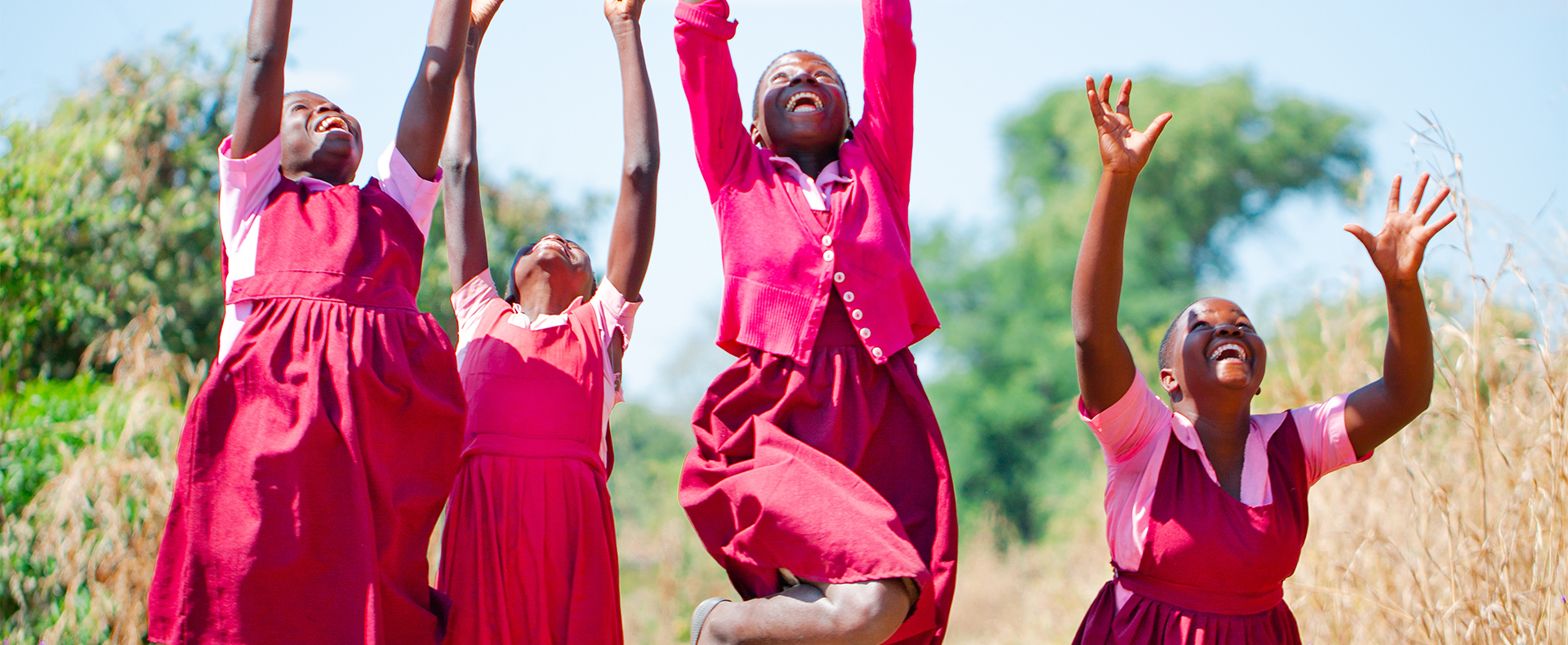In conversation with Nur Kara


1. What inspired you during the project?
The expansiveness of our team and each individual’s interest is what continually inspired me during this project. A group of 20 DLA Piper lawyers based in the United States, Mexico, and the United Kingdom contributed to this report, and over 20 global experts across 12 countries provided insights into local implementation and efficacy; impacts on education and economic advancement; and how COVID-19 is disrupting the delivery of information, safe supplies, and medical care.
Menstruation is closely linked to personal and public health, education, gender equality, and poverty or economic growth. Misinformation about periods increases gender discrimination and sexual violence, as well as school and workplace absenteeism, among other concerns. Moreover, inadequate menstrual health is usually relegated to middle- and lower-income countries, but in reality, exclusionary practices, shame and stigma, and barriers to accessing period products, hygiene facilities, and adequate education persist everywhere. Our report demonstrates that progress will be greatest when interdisciplinary professionals and stakeholders, across geographies, put their heads together. When law and policy bolster public health, when we have bipartisan or multiparty support with regard to legislation, and when we have a range of passionate professionals working together, we can achieve sustainable change. Remarkably, the diverse team behind this report—composed of lawyers, policy-advocacy specialists, and field experts with medical and psychosocial training across countries—demonstrates this same ethos.
2. What was the most fulfilling aspect of the work?
Seeing the keen interest in this important topic spread among a range of experts—those we initially consulted to gauge the need for this report and all of our contributors—was the most fulfilling and infectious aspect of the work. Personally, it was also fulfilling to come full circle with my longtime passion for advancing menstrual health. I am a first-generation American, college/graduate student, and lawyer. It has always been important to me to engage in community service in whatever ways possible. I am now better able to do so using my multidisciplinary education and legal training. I think the role of a lawyer can truly be expansive. Engaging in a variety of pro bono projects strengthens and diversifies the skills of a lawyer, for example with regard to research and analysis; client counseling and advocacy; and stakeholder building and community engagement.
3. What one word describes your involvement?
Rewarding. I am honored to have been involved in drafting such a unique and robust resource that will hopefully reach stakeholders across the globe who can replicate some of the interventions we have highlighted. More importantly, I am honored to have been able to connect with several amazing attorneys, field experts, and fierce advocates via this project. A big thanks to New Perimeter, Days for Girls International, and all of our contributors for their commitment!
Advancing Menstrual Health, Education and Economic Progress: A Comparative Study: https://www.newperimeter.com/our-work/economic-development/advancing-menstrual-health.html.
I spoke on the Days for Girls’ podcast about this project and my prior work on menstrual health: The Days for Girls Podcast: Episode 042: Nur Kara on Researching Laws and Policies that Support Menstrual Health for School Children on Apple Podcasts.
Days for Girls’ blog post with the webinar recording, co-sponsored with UNFPA, African Coalition for Menstrual Health, the Global Menstrual Collective, and the Toilet Board Coalition: Advancing Menstrual Health, Education and Economic Progress: A Comparative Study - Days for Girls International.
"Engaging in a variety of pro bono projects strengthens and diversifies the skills of a lawyer."
Advancing Menstrual Health
